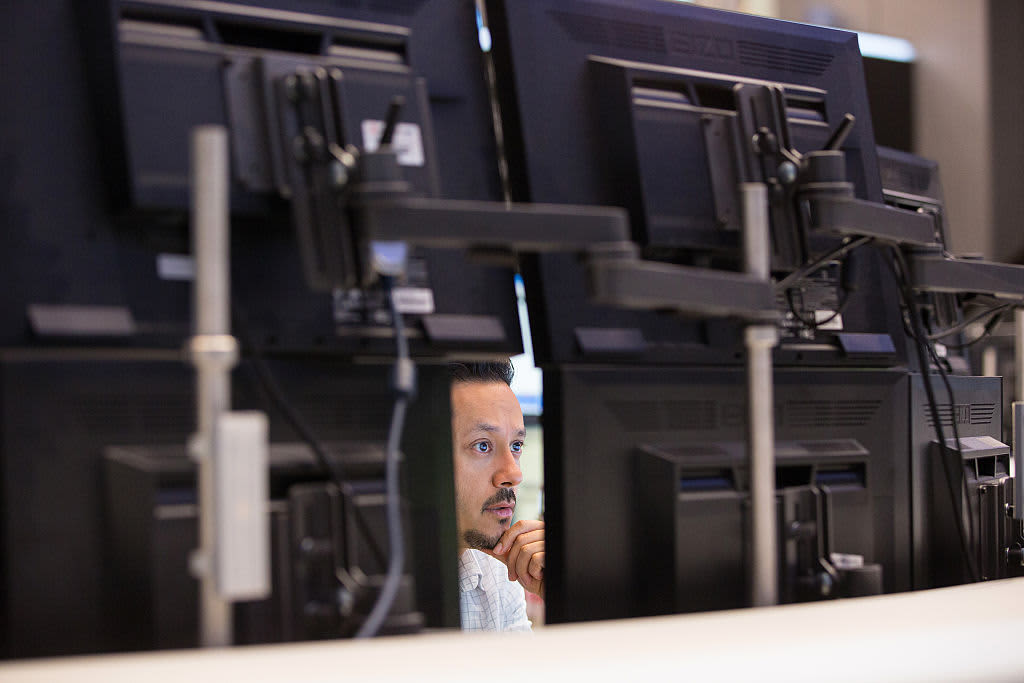This post was originally published on this site

A financial trader monitors data on computer screens inside the Frankfurt Stock Exchange in Frankfurt.
Krisztian Bocsi | Bloomberg | Getty Images
Coronavirus COVID-19 has kept us indoors and, as a result, there’s been a surge in sales of computer accessories like keyboards, mice, monitors and laptops, NPD said on Tuesday. People are outfitting their home offices, some with stipends from their companies.
The surge in PC peripheral sales are a bright spot for companies such as Dell, Samsung, HP, Lenovo and TPV, while the rise in laptop sales suggests the downturn might not be as bad as feared for the PC industry, including giants such as Microsoft and Intel, which have surged more than 18% and 25% respectively from lows in mid-March. Microsoft warned investors in February it would miss quarterly guidance for the segment including Windows because of supply chain interruptions, but said at that time that demand was “strong.”
NPD said computer monitor sales doubled in the first two weeks of March to 80,000 units. Sales of laptops, mice and keyboards all increased by 10%.
Business to business (B2B) sales were up, too. NPD said notebook sales to businesses jumped 30% year over year for the last week in February and up 50% in the first two weeks of March, as companies started to outfit their employees for working at home. B2B monitor sales, flat at the start of February, increased 40% during the first two weeks of March, NPD said.
Anecdotally, monitors seem to be in short supply: During a recent outing to two Best Buy locations, two Staples stores and one Micro Center the first weekend in March, the computer monitors had been picked through. Micro Center had a huge line of people buying computers, printers, accessories and displays for their home offices.
At the same time, widespread quarantines are slowing the mobile revolution. Instead of trying to do everything from our phones, we’re back at our desks. That effect was shown in mobile phone and accessory sales, the latter of which dipped 14% in the first two weeks of March, NPD said.


